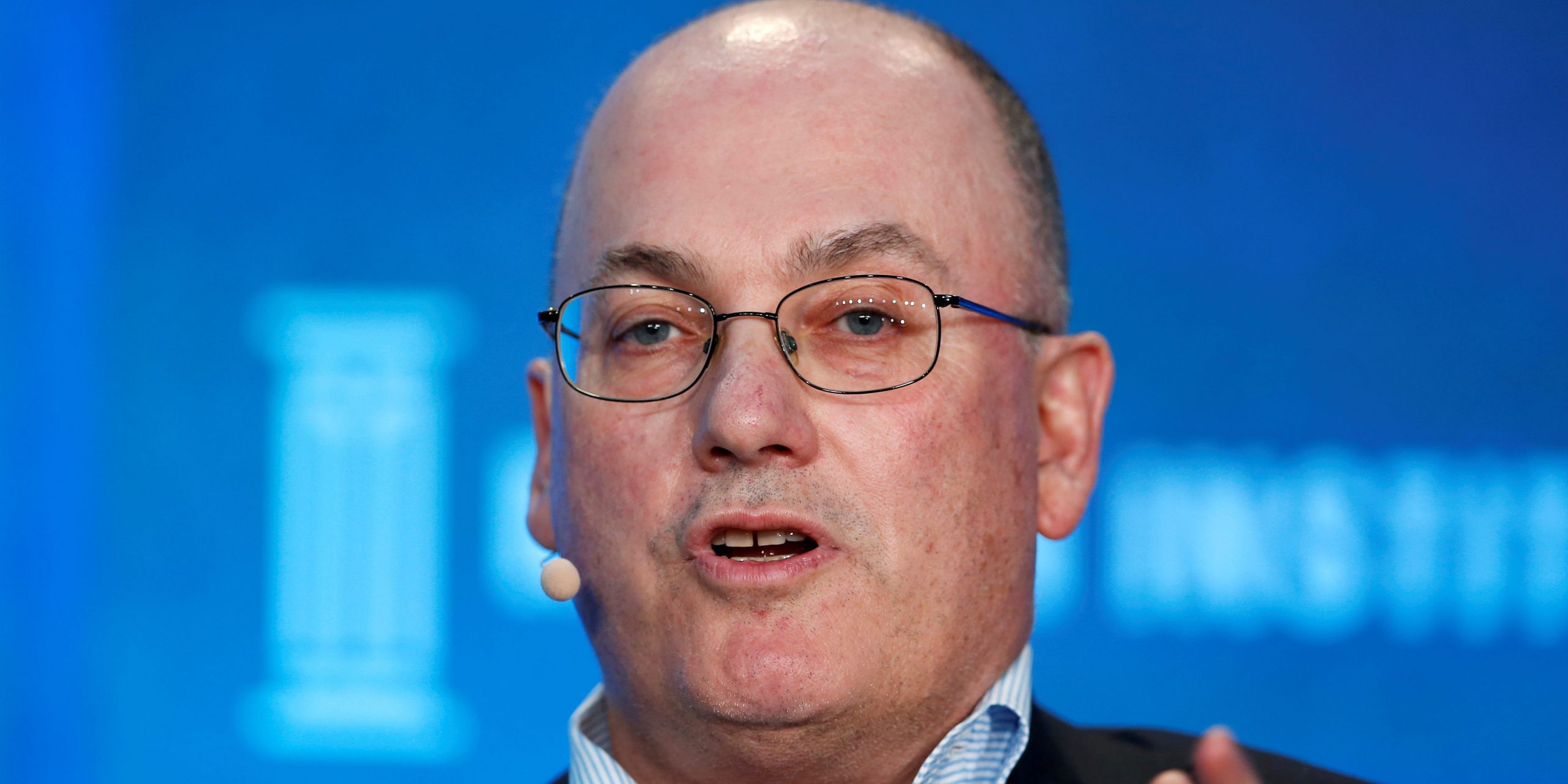
Lucy Nicholson/Reuters
- Point72 has raised $1.5 billion after a difficult January for hedge funds, a report said.
- Steve Cohen’s fund supported Melvin Capital, which was hit by the GameStop saga.
- Point72 is looking to take advantage of new opportunities in the market.
- Sign up here for our daily newsletter, 10 Things Before the Opening Bell.
Steve Cohen’s hedge fund Point72 has raised $1.5 billion after suffering heavy losses in January and providing a lifeline to Melvin Capital, as short-sellers were hit by the GameStop saga, according to a report in Bloomberg and other outlets.
Point72 Asset Management, which is run by New York Mets-owner Cohen, lost around 9% in January, Bloomberg reported.
An army of retail investors last week drove up the share price of video-game store GameStop by around 400%, squeezing hedge funds and other short-sellers who had been betting the stock would fall.
Point72 provided Melvin Capital with $750 million in emergency funding after it was hit hard by the GameStop rally. Melvin, which is run by Cohen’s protege Gabe Plotkin, suffered a loss of 53% in January. Plotkin’s fund also received an infusion from Citadel’s hedge funds worth $2 billion.
Cohen's Point72 is raising the $1.5 billion to take advantage of investment opportunities it sees in the market, a person familiar with the matter told Bloomberg. Point72 has been contacted for comment by Insider.
The GameStop share price has fallen sharply since Monday, reducing the pain for some short-sellers who held onto their positions. It fell 60% on Tuesday to $90, having soared above $340 the previous week, but was up to $96.00 on Wednesday, showing a near-500% increase so far this year.
Nonetheless, the rally hit some institutions hard last week. An estimate on Friday said GameStop short-sellers - that is, institutions that were betting the share price would fall - were sitting on losses of around $19 billion for January.
A research note from Goldman Sachs said the saga led to hedge funds withdrawing from their positions on stocks at the fastest rate since 2009. This - and general fears about the impact of day traders on the market - prompted the S&P 500 stock index to slide around 3% last week.
Yet markets have started February on a brighter note, with many analysts saying the apparent cooling of the retail frenzy has added to confidence. The S&P 500 was up around 3% for the week as of Wednesday morning.